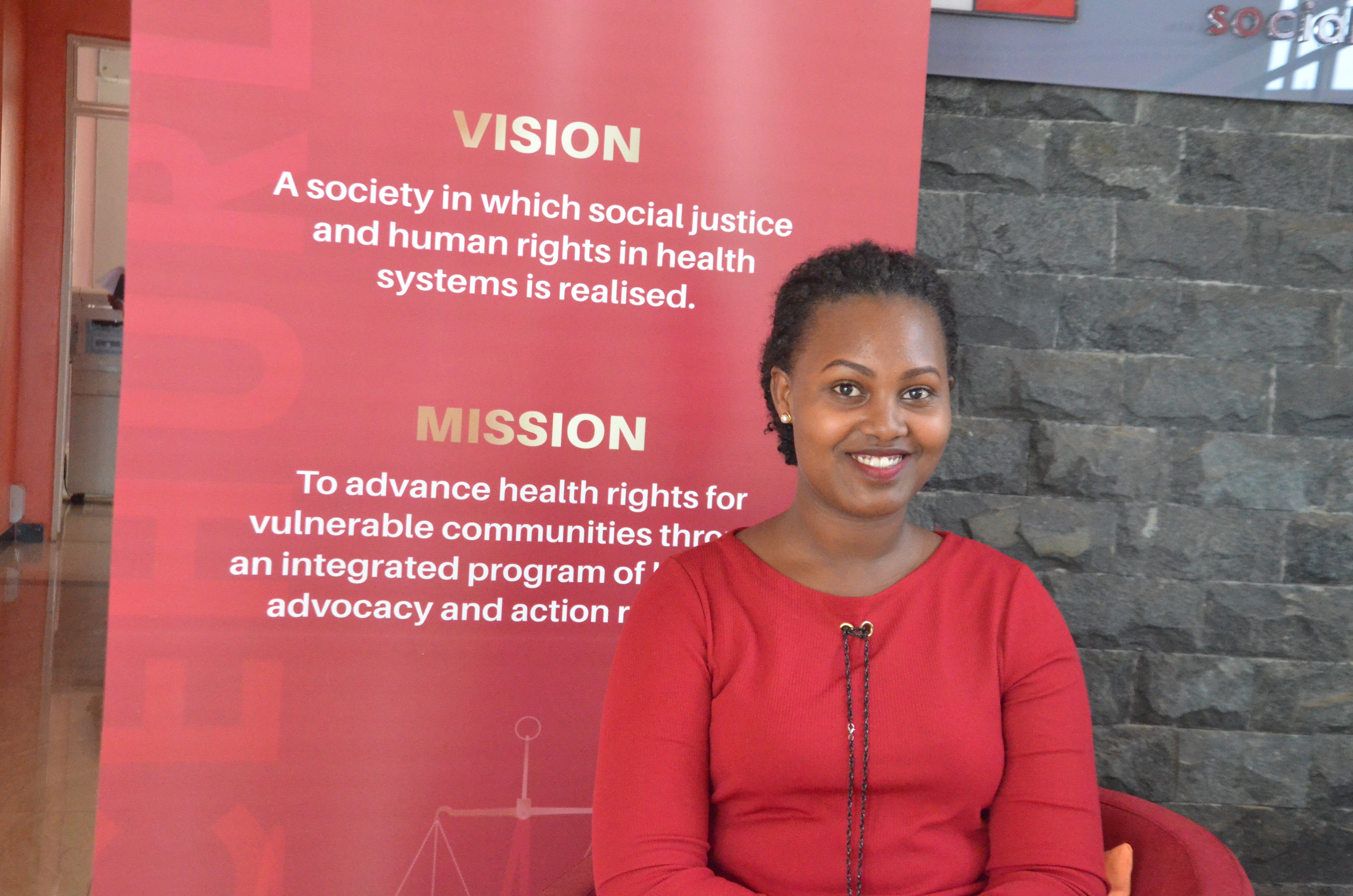By Sheila Akandinda
Access to health care is a Human right guaranteed under the international instruments. The International Covenant on Economic, Social and Cultural Rights (ICESCR), recognizes the right of everyone to “the enjoyment of the highest attainable standard of physical and mental health”. “Health” is this sense should not be looked at a right to be healthy, but as a right to control one’s own health and body (including reproduction), and be free from interference such as torture or medical experimentation. States including Uganda, thus, must protect this right by ensuring that their citizens have access to the underlying determinants of health. These include, but not limited to, clean water, sanitation, food, nutrition and housing, and through a comprehensive system of healthcare, which is available to everyone without discrimination, and economically accessible to all.
It’s also a requirement that governments take specific steps to improve the health of their citizens, including reducing infant mortality and improving child health, improving environmental and workplace health, preventing, controlling and treating epidemic diseases, and creating conditions to ensure equal and timely access to medical services for all. These are considered to be “illustrative, non-exhaustive examples”, rather than a complete statement of State obligations.
The above requirement extends to the protection of Women’s reproductive rights. Thus, governments are required to respect such by among others not limiting access to contraception or “censoring, withholding or intentionally misrepresenting” information about sexual health. They must also ensure that women are protected from harmful traditional practices such as Female genital mutilation. It is unfortunate however that when it comes to access to health care especially for women of reproductive age, health commodities are always reported, either insufficient, out of stock or never supplied. This hinders access to services.
Basic commodities like essential drugs, books where health workers write the patients’ medical prescriptions, basic family planning services like female condoms, blood transfusion services, on top of low staffing of health centers among others, leave a number of patients unattended to.
In rural remote areas, the situation is even worse. While the few health service provider over work to ensure access to health care for all, some conditions put for one to access a service leave out many. For example, or lack of better means for record keeping, health facilities require any patient to have an exercise book to allow workers record medical prescriptions. This requirement however, leaves out a big number of those that can hardly afford the books from accessing the service. The enquired book is worth three hundred (300/-) Uganda shillings but many cannot afford it.
One would then pause a question to the Ugandan government on whether the three hundred Uganda shillings is worth the life of many people dying each and every day that passes just because they cannot afford books, whose role and mandate is it to ensure that facilities have enough stationery to cater for the very poor people to allow them access basic health care? It’s such a saddening situation that Uganda as a country needs to critically think about.
Despite Uganda having one of the worst healthcare records in the world, a decision to develop local facilities, and proper installment of drugs and training of volunteers will bring life-saving services to thousands of people and related realization of an access to health care dream.

